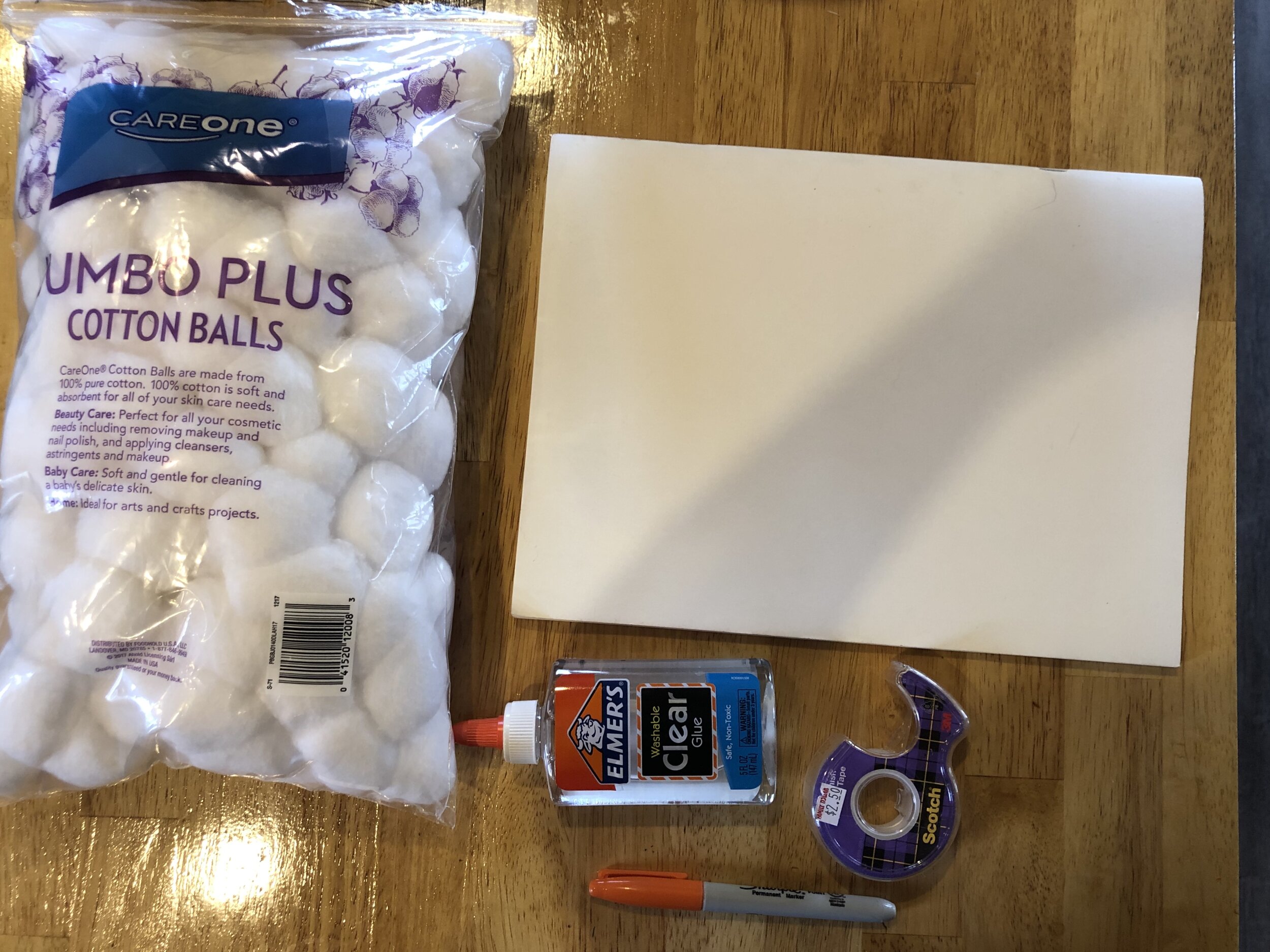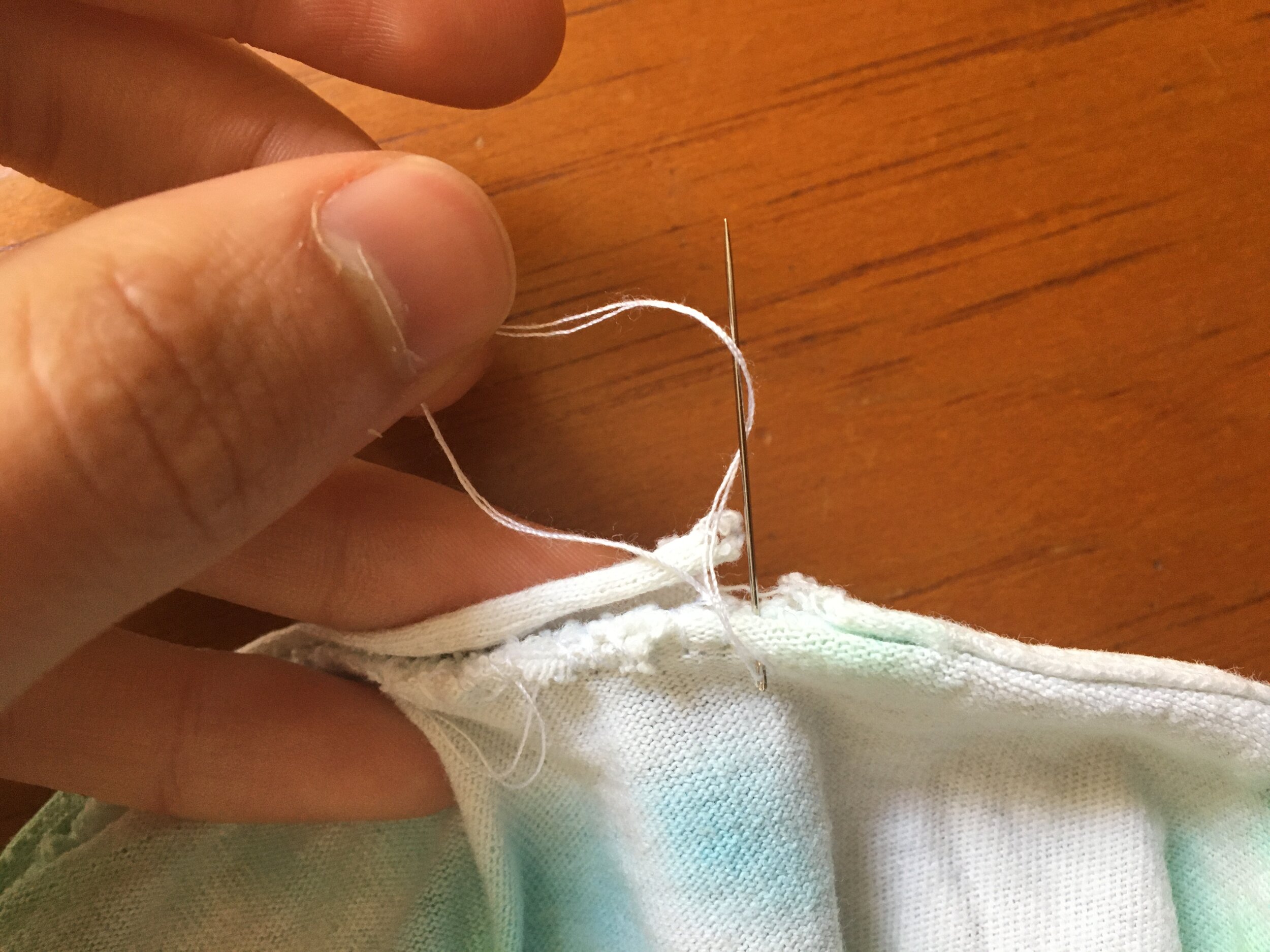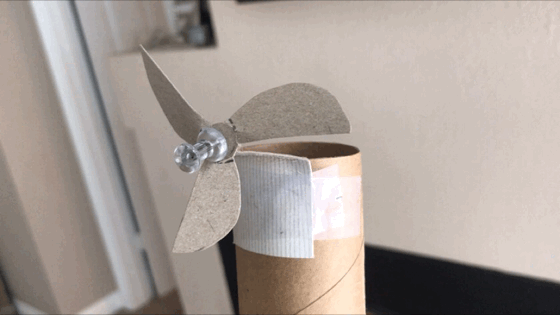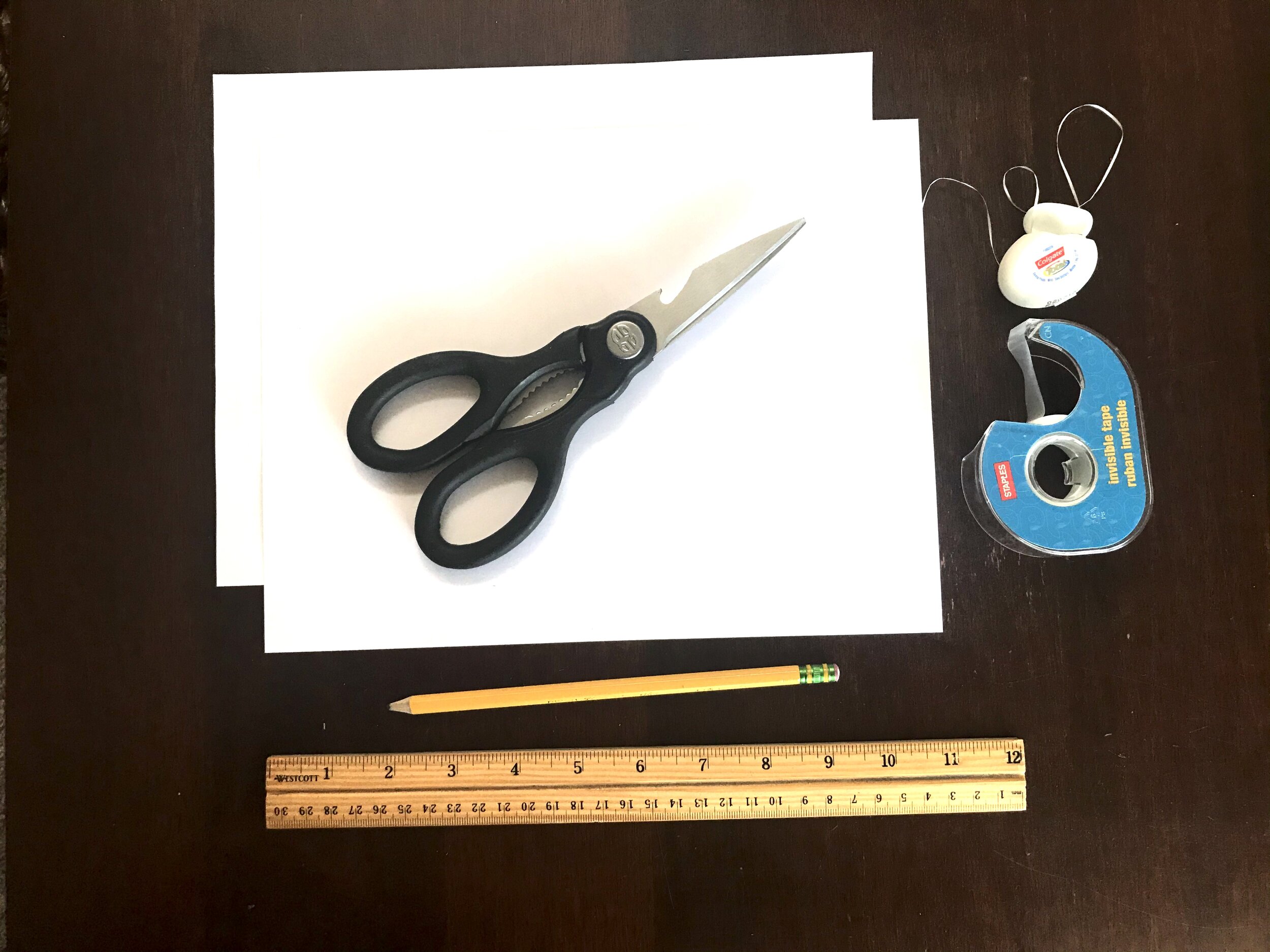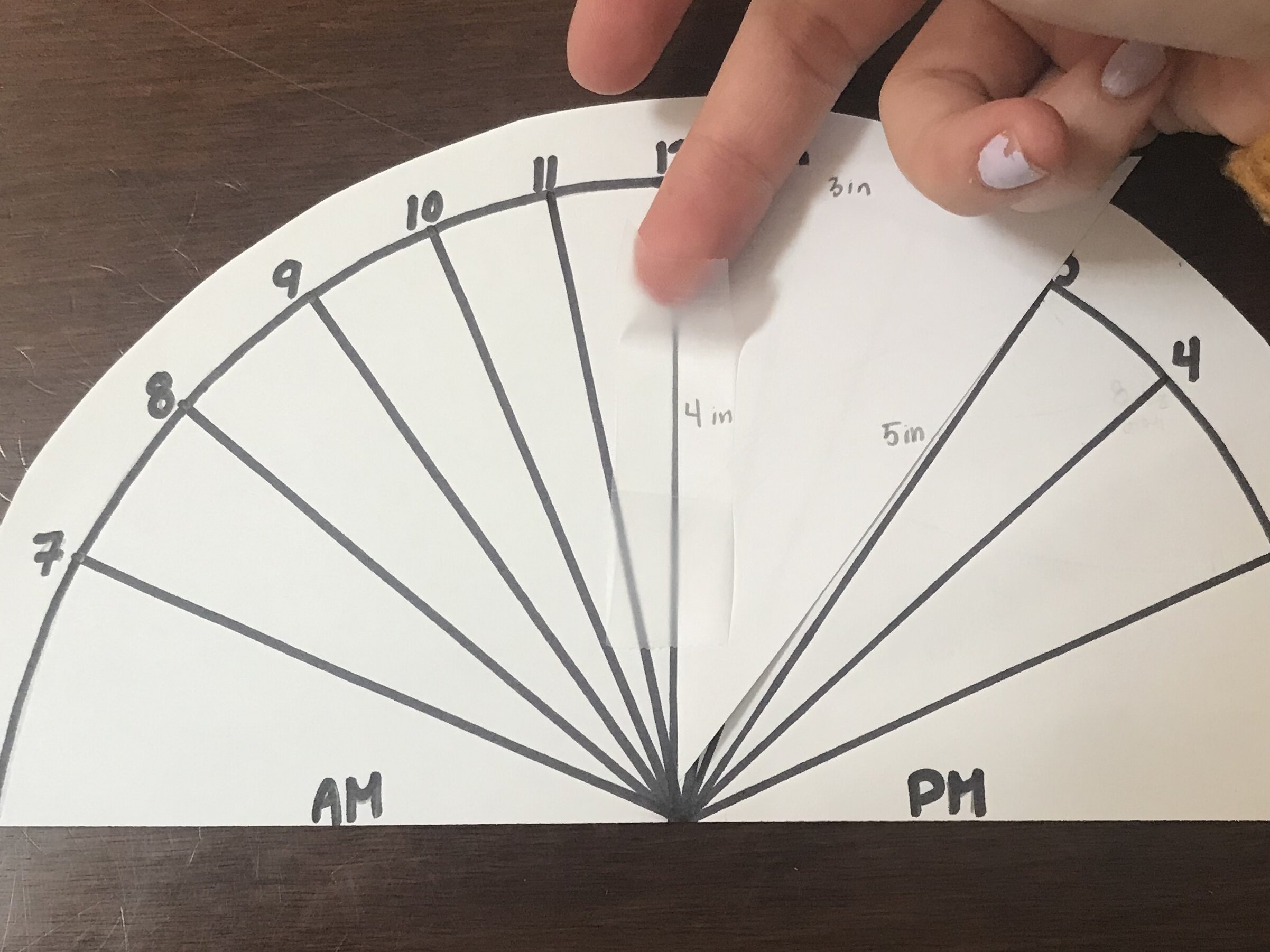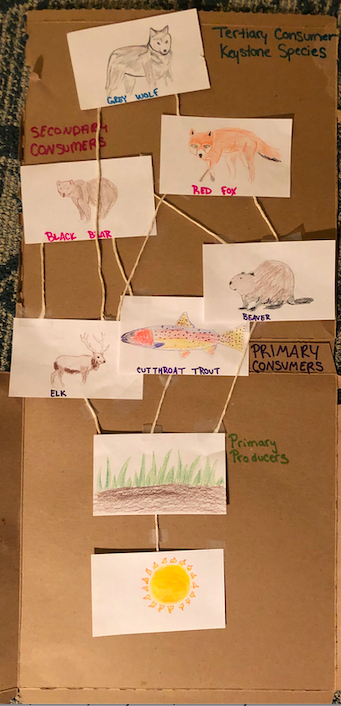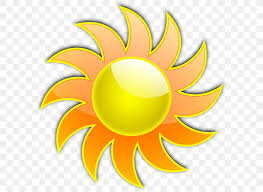Welcome to Change is Simple’s Online Learning Platform!
Overview: Today, we are going to be exploring the biosphere! The biosphere is all of the regions of earth, from the surfaces, the water, and the atmosphere! The previous lesson was focused all around the water on earth; something we scientists call the hydrosphere. Today we are going to learn about a different aspect of our biosphere: the atmosphere!
Grade Level: 2-4
Theme: Earth Systems
Supervision needed? No
Essential Questions:
What are 4 different types of clouds?
Why do we consider the atmosphere a protective layer?
What are some ways that humans emit greenhouse gases into our atmosphere?
What happens when we have an excess of greenhouse gases in our atmosphere?
Materials Needed:
Cotton balls
Sheet of paper
Tape or glue
Writing utensil
Standards:
Vocabulary:
Atmosphere
Troposphere
Stratosphere
Greenhouse gas
Greenhouse effect
Air pollution
Activity 1:
As we learned in the video, our earth’s atmosphere is made up of five different layers! Can you remember what the first layer in our atmosphere is called? The troposphere! This is where all of our weather occurs, and where our clouds form.
Let’s make some model clouds and practice studying them!
Materials needed:
Cotton balls
Sheet of paper
Tape or glue
Writing utensil
Step 1: Create your clouds!
Cumulonimbus: (mid level) dark, grey, cover entire sky and block the sun (signals rain or snow)
Cumulus: (low level) fluffy, cotton-ball appearance
Stratus: (low level) thin, papery, cover entire sky
Cirrus: (high levels) light, curly, hair-like appearance
Step 2: Label your clouds.
Step 3: Take your clouds outside and see if any of the clouds in the sky resemble the clouds you just created with your cotton balls!
Activity 2 (Alternative)
If you do not have the materials for activity two, simply head outside with a sheet of paper and pencil. Look up at the clouds and try to draw the shapes of the clouds you can see in the sky. Next, try to identify which types of clouds you see!
Additional Activities and Resources
This fun, common science activity has been done by students across the world for many years! Parents may remember doing this one as a child themselves! This activity is best suited for grades 4+.

